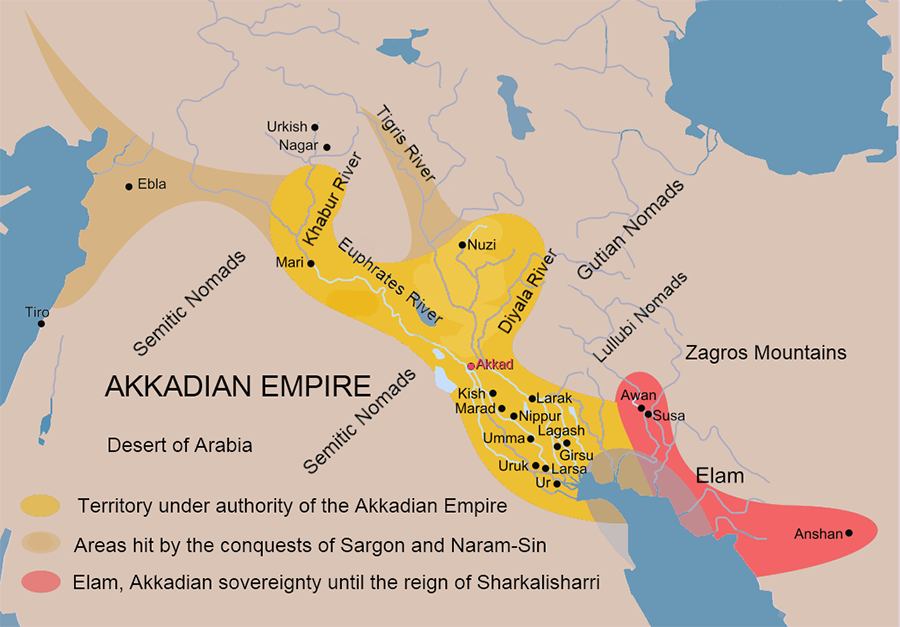rupol2000
Gold Member
- Aug 22, 2021
- 18,215
- 2,628
- 138
- Banned
- #1
They were freed by Achaemenides Cyrus the Great when Babylon was defeated. According to Wikipedia, in the Babylonian chronicles there is no information about the subjugation of Babylon by Cyrus, it says that he fought with Akkad, but the authors assumed that Babylon was meant. However, this is an extremely dubious assumption, because the Babylonians had no reason to call themselves Akkadians, especially since they were most likely their enemies, the Assyrians.
In addition, the name of the commander who fought from Babylon side is also unknown.
The Achaemenids are not at all like the loyal to Jews. They were horsemen, there is a high probability that they were Aryan tribes, there is evidence that the Achaemenid impera was called Aryānam Dahyunam and Aryānam Xšaθram
Maybe this is somehow connected with the Babylonian harlot. I have not come across any data about some kind of "Babylonian harlot", however, the Assyrian harlot Semiramis was well-known.
All this suggests that forgery is possible there.
PS Something has cleared up. In fact, Nabonidus was apparently Assyrian. He revived Assyrian traditions, and his son in transcription was called Bershal-usur. He overthrew the god Marduk, the Vedic counterpart of Indra. This was not Babylon, but a captured country, which should be considered Assyria.
Although this still does not clarify much.
In addition, the name of the commander who fought from Babylon side is also unknown.
The Achaemenids are not at all like the loyal to Jews. They were horsemen, there is a high probability that they were Aryan tribes, there is evidence that the Achaemenid impera was called Aryānam Dahyunam and Aryānam Xšaθram
Maybe this is somehow connected with the Babylonian harlot. I have not come across any data about some kind of "Babylonian harlot", however, the Assyrian harlot Semiramis was well-known.
All this suggests that forgery is possible there.
PS Something has cleared up. In fact, Nabonidus was apparently Assyrian. He revived Assyrian traditions, and his son in transcription was called Bershal-usur. He overthrew the god Marduk, the Vedic counterpart of Indra. This was not Babylon, but a captured country, which should be considered Assyria.
Although this still does not clarify much.
Last edited:



